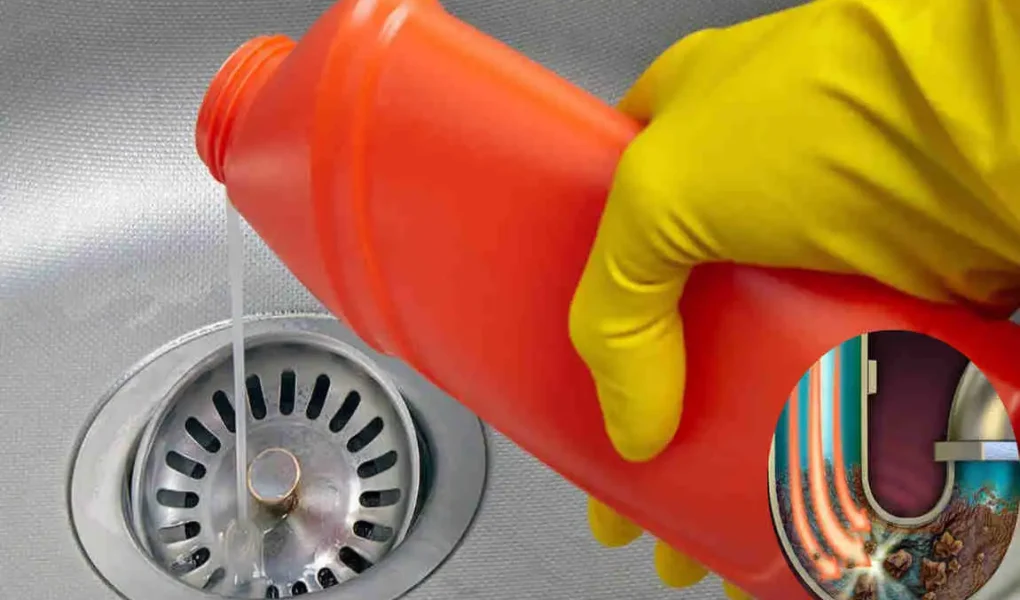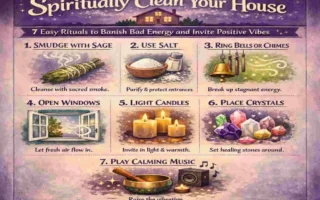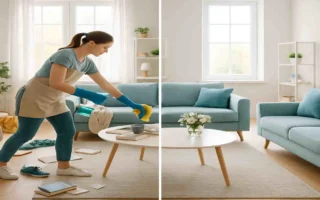Maintaining a clean and hygienic toilet is essential for every home. Toilet cleaners play a significant role in keeping your bathroom fresh and germ-free. But many homeowners wonder: Is toilet cleaner bad for pipes house?
What Are Toilet Cleaners Made Of?
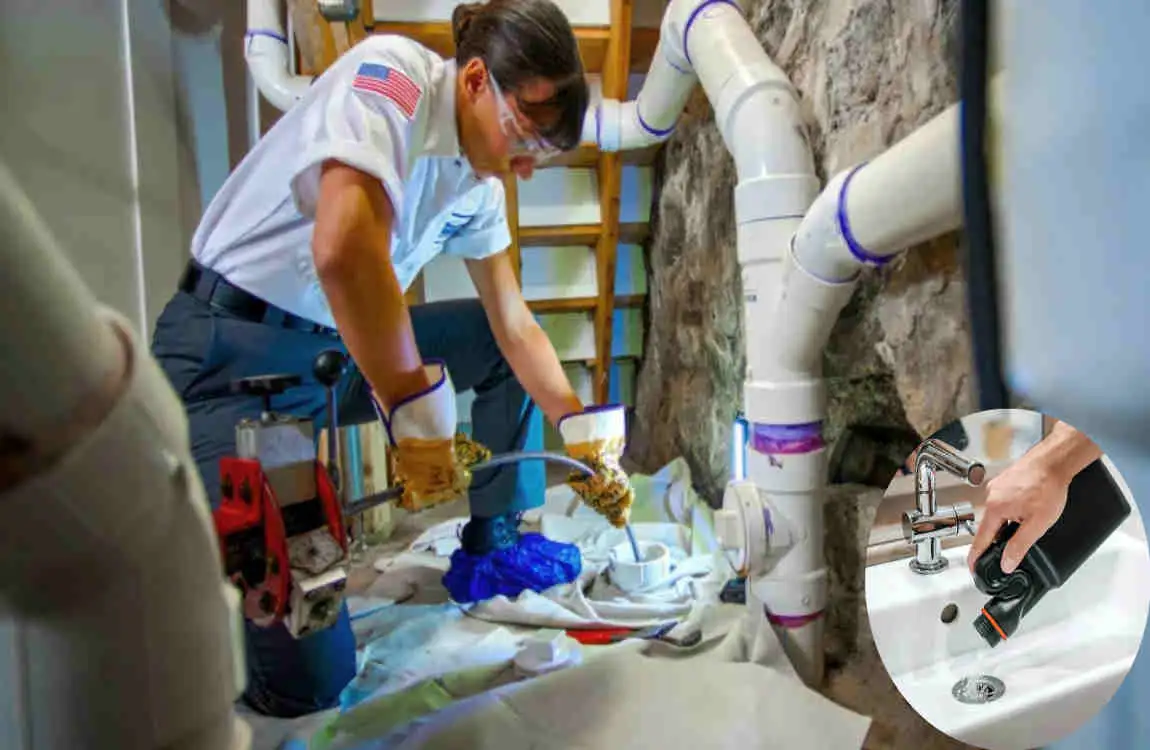
Toilet cleaners come in many forms and contain several active ingredients designed to tackle stains, germs, and odors. Understanding what goes into these products helps explain their impact on pipes.
Common Active Ingredients
- Bleach (Sodium Hypochlorite): A powerful disinfectant that kills bacteria and whitens stains.
- Acids (Hydrochloric Acid, Sulfamic Acid): Break down tough mineral deposits like limescale and rust.
- Enzymes: Natural proteins that break down organic matter gently.
- Surfactants: Help remove dirt and grime by breaking surface tension.
Different Formulations
Toilet cleaners are available in various forms to suit different cleaning needs:
- Gel: Thick and clings to toilet bowl surfaces for extended cleaning.
- Liquid: Easy to pour and spread around the bowl.
- Powder: Often used for scrubbing tough stains.
- Tablets: Drop-in solutions that release cleaning agents over time.
How These Chemicals Work
Each ingredient has a role. Acids dissolve mineral buildup, bleach disinfects and whitens, enzymes break down organic sludge, and surfactants lift dirt. Together, they ensure your toilet is sparkling clean.
How House Plumbing Systems Work
Before exploring the risks associated with toilet cleaners, it’s helpful to understand how your home’s plumbing system works.
Types of Pipes in Homes
- PVC (Polyvinyl Chloride): A common plastic pipe used for drain lines, resistant to many chemicals.
- Copper: Durable metal pipes are often used for water supply lines.
- Cast Iron: Older homes may have these heavy-duty pipes for drainage.
- Galvanized Steel: Metal pipes coated with zinc, prone to corrosion over time.
Water and Waste Flow
Wastewater from your toilets and sinks flows through a network of pipes, eventually reaching the main sewer or septic system. Proper flow depends on unobstructed, intact pipes.
Pipe Sensitivity to Chemicals
- Plastic pipes, such as PVC, tend to resist chemical damage better.
- Metal pipes, especially older ones like galvanized steel, can corrode or weaken when exposed to harsh acids or bleach.
Knowing what pipes you have helps in choosing the right cleaning products.
Can Toilet Cleaner Damage Pipes?
Now, let’s address the core concern: Can toilet cleaner damage pipes? The answer depends on several factors, including the type of cleaner, the pipe material, and the method of use.
Effects on Different Pipe Materials
Pipe Material Risk Level from Toilet Cleaner: Explanation
PVC Low Resistant to many chemicals, but not all
Copper Moderate Acidic cleaners may cause corrosion
Cast Iron High Prone to rust and corrosion
Galvanized Steel High Zinc coating can erode, exposing the metal
Acidic and Corrosive Cleaners
Many toilet cleaners contain strong acids to dissolve tough stains. While effective, these acids can erode metal pipes over time, especially in older plumbing systems. Repeated exposure can weaken pipes and potentially cause leaks.
Impact on PVC and Plastic Pipes
PVC pipes are generally more durable against chemical damage, but can still degrade if exposed to harsh chemicals frequently or in concentrated form.
Repeated or Improper Use
Using strong toilet cleaners too often or in excessive amounts can increase the risk of damage to your toilet. Also, pouring cleaners directly onto plumbing fixtures or mixing them with other chemicals increases hazards.
Signs Toilet Cleaner May Be Damaging Your Pipes
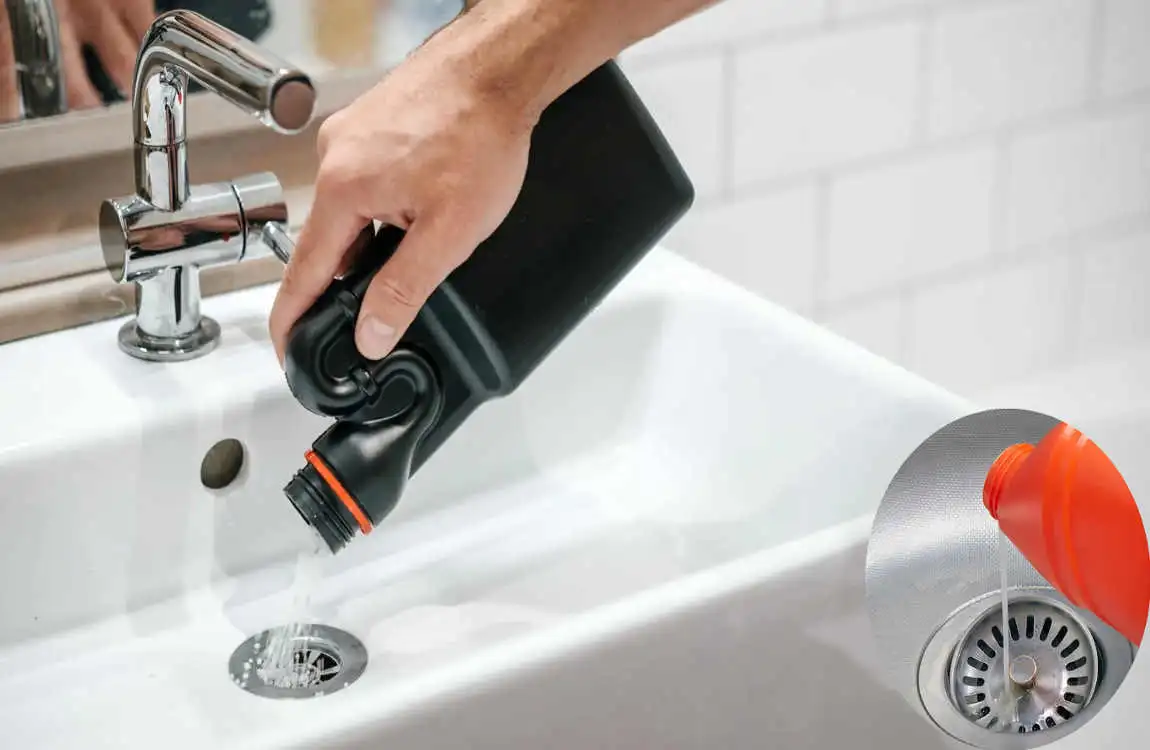
It’s essential to recognize early warning signs that your toilet cleaning features may be harming your plumbing.
Common Symptoms
- Corrosion and Pipe Degradation: Visible rust or flaking on exposed pipes.
- Unusual Smells: Chemical or rotten odors from drains.
- Discoloration: Stains or color changes inside toilets or drains.
- Frequent Clogs or Leaks: Pipes may corrode internally, causing blockages or leaks.
- Reduced Water Flow: Slow drainage indicates possible pipe damage or buildup.
If you notice these signs after cleaning your toilet, it’s time to evaluate your cleaning routine.
Safe Practices for Using Toilet Cleaners
To protect your pipes and still keep your toilet clean, follow these safe tips:
Choosing the Right Product
- Opt for cleaners labeled safe for your type of plumbing.
- Avoid highly acidic or bleach-heavy products if you have older metal pipes.
Frequency of Use
- Clean your toilet no more than once or twice a week with harsh cleaners.
- Use milder cleaners or natural alternatives between deep cleans.
Proper Application
- Always follow the instructions on the label.
- Don’t pour cleaners directly into pipes or drains.
- Use the recommended amount and avoid mixing with other chemicals.
Alternatives to Harsh Toilet Cleaners
If you want to avoid harsh chemicals, there are plenty of eco-friendly and gentle options that still get the job done.
Eco-Friendly Options
- Biodegradable cleaners: Made from natural ingredients and break down without harming pipes.
- Enzyme-based cleaners: Utilize natural enzymes to break down waste without corrosive effects.
Natural Cleaning Solutions
- Vinegar: Mild acid that dissolves mineral deposits.
- Baking Soda: Acts as a gentle abrasive and deodorizer.
- Essential Oils: Add a fresh scent and natural antibacterial properties.
Preventative Maintenance
- Regularly brush and flush your toilet.
- Avoid flushing items that cause clogs.
- Schedule periodic plumbing inspections.
What to Do If Toilet Cleaner damages Pipes
If you suspect damage, quick action can save you money and headaches.
Early Detection and Inspection
- Check for leaks and corrosion.
- Monitor water flow and odors.
When to Call a Professional
- Persistent leaks or clogs.
- Visible pipe damage.
- Uncertain about the extent of damage.
Repair or Replacement
- Minor corrosion may be repaired.
- Severe damage requires pipe replacement.
- Consider upgrading to corrosion-resistant pipes house design.
Prevent Further Damage
- Stop using harsh house cleaning immediately.
- Switch to safer alternatives.
- Maintain regular plumbing care.
Common Myths and Misconceptions about Toilet Cleaner and Pipes
Let’s clear up some confusion: Myth: All toilet cleaners destroy pipes instantly. Truth: Damage occurs over time and depends on the type of cleaner and the pipe material. Myth: Bleach is safe for all pipes. Truth: Excessive use of bleach can corrode older metal pipes. Myth: Natural cleaners don’t work. Truth: Many natural options effectively clean without harming pipes.

